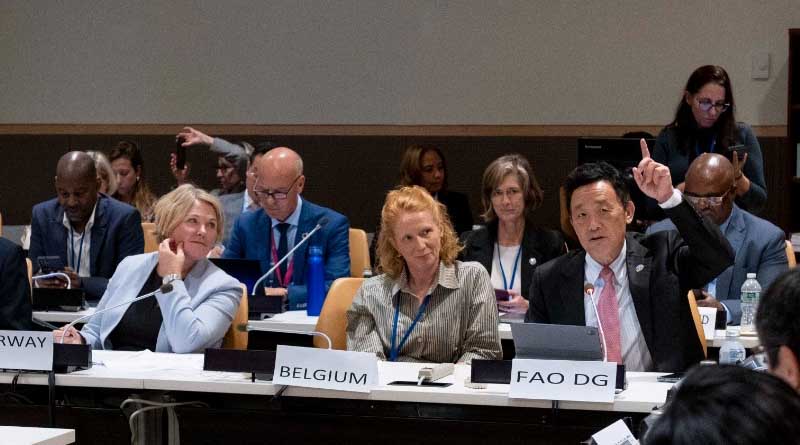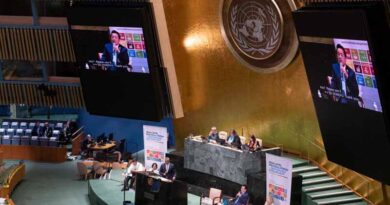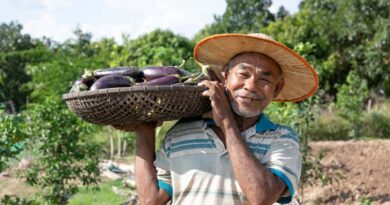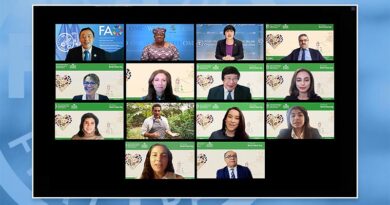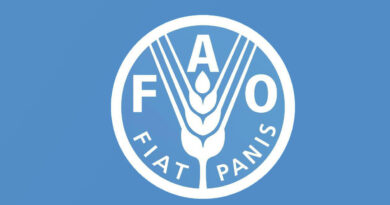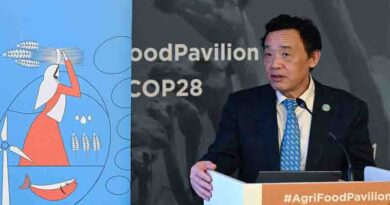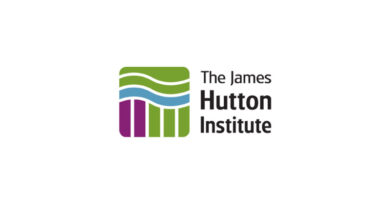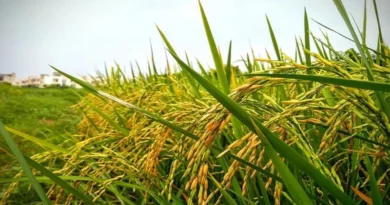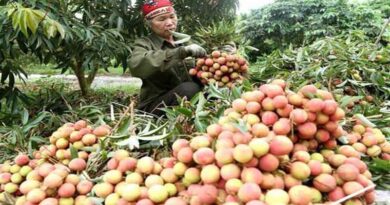UNGA: FAO and the G7, UN Food Systems Summit+2 and COP28 Presidencies join hands to position agrifood systems transformation high on the international agenda
21 September 2023, New York: At a high-level event on the sidelines of the UN General Assembly, the Director-General of the Food and Agriculture Organization of the United Nations (FAO), QU Dongyu, urged stronger political commitment and solidarity to transform agrifood systems and achieve the Sustainable Development Goals (SDGs).
Qu explained that while there are still many challenges, there are also many opportunities ahead, and countries must adopt a systematic approach focused on leaving no one behind.
“We are still coping with the impact of COVID-19, economic slowdowns and downturns, conflict and climate change, and as a result, there are 122 million more people pushed into hunger since the outbreak of the pandemic”, he explained.
Acknowledging the complexity of agrifood systems as well as environmental and biodiversity issues, he invited participants to focus on cooperating to change the current economic development model making it more sustainable and fostering science and innovation.
“We need to share experiences, learn from each other and build consensus and an inclusive approach between all sectors”, he urged, highlighting the importance of recognizing and applying traditional and indigenous knowledge, as well as new technology.
The Director-General thanked the event organizers Japan, Italy and the United Arab Emirates, for bringing together the presidencies of key multilateral processes in 2023: the G7, UN Food Systems Summit+2 Stocktaking Moment and the UN Climate Conference COP28.
Recently, Japan gathered the G7 leaders and established the Hiroshima Action Statement for Resilient Global Food Security; Italy hosted the UN Food Systems Summit+2 Stocktaking Moment, which brought together 178 Member Nations, partners and experts to renew their commitment to transformative action plans for agrifood systems; and United Arab Emirates, President of COP28, presented the first Leaders’ Declaration on Food Systems to align national food systems and agricultural strategies.
Deputy Minister of Foreign Affairs and Development Cooperation of Italy, Edmondo Cirielli, reiterated that Italy is deeply committed to global food security, partnering with the United Nations, FAO, and COP28. During Italy’s G7 presidency, he said, the nation plans to support accelerated food systems transformation, ensure a seamless transition with Japan, and address challenges like securing financial resources and promoting climate-resilient agriculture.
Minister of Climate Change and Environment of the UA, Mariam Almehiri, underscored the need for political will to address food system transformation and climate change, particularly in the lead-up to COP28. She mentioned the importance of various stakeholders, including national leadership, non-state actors, and innovation, in this effort.
Assistant Minister of Foreign Affairs of Japan, Satoshi Katahira, highlighted the escalating risks to food security due to factors like conflicts, pandemics, and climate change, resulting in increased hunger. He said Japan has prioritized food security during its G7 presidency, emphasizing the need for immediate humanitarian assistance and long-term resilience-building efforts.
The UN Deputy Secretary-General, Amina Mohammed, also delivered remarks during the event. She emphasized the importance of integrating food systems with climate action and highlighted the need for coordinated efforts across various sectors and levels of governance. She stressed the significance of collaboration, harnessing scientific knowledge, leveraging resources, and reforming the international financial architecture to address food system challenges.
FAO Director-General Qu kindly invited Ministers to the World Food Forum 2023 where partners will convene a platform with a specific focus on climate action. The meeting will also center around the voices of the youth, Indigenous Peoples, and farmers, and will emphasize the 4 key accelerators leveraging investment, and science and innovation, to achieve the SDGs.
Also Read: Yara India’s knowledge-sharing session with FICCI: Shaping India’s agriculture for 2035
(For Latest Agriculture News & Updates, follow Krishak Jagat on Google News)

